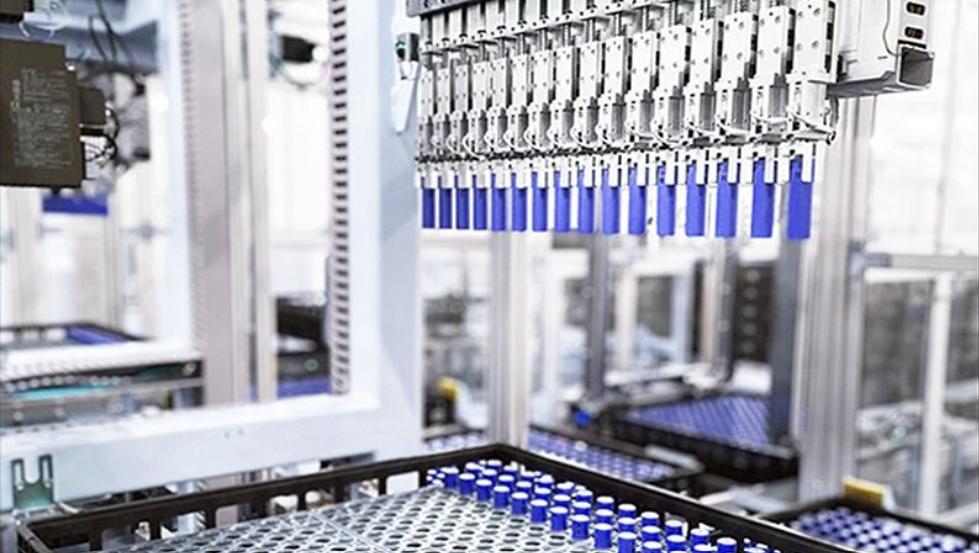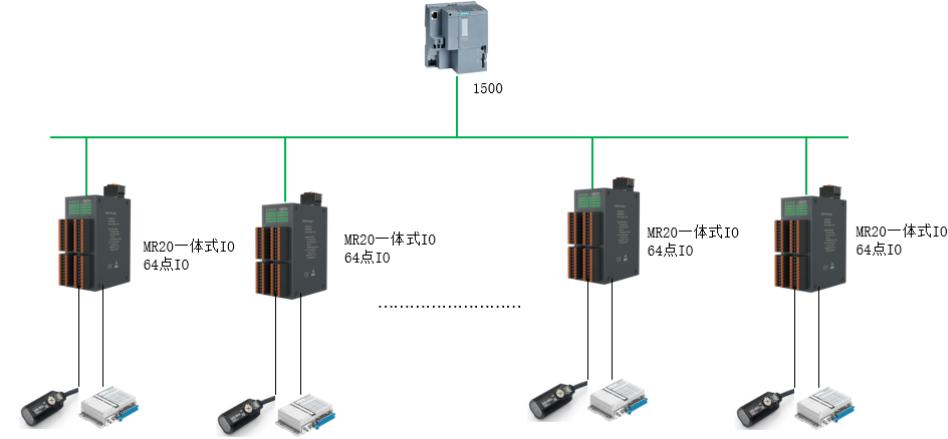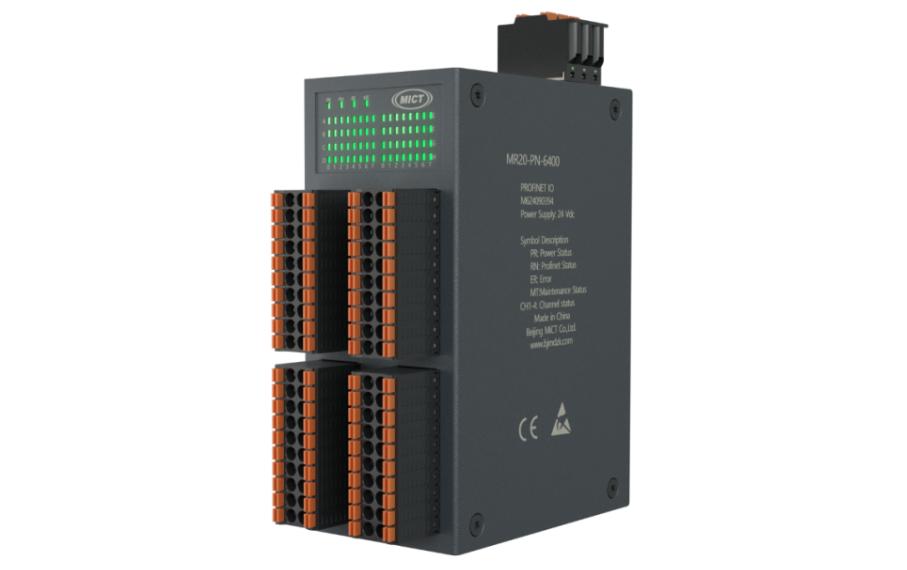
EN Free Trial





The solution of MR20 integrated IO in the lithium battery industry
Sorting is an important step in lithium battery production, which involves the screening and classification of battery components. The application of automation technology in lithium battery sorting can effectively reduce labor costs and improve production efficiency.
A certain lithium battery enterprise mainly produces equipment and production lines such as OCV/ACIR, full inspection machines, and sorting machines. This application is for sorting equipment.
Sorting includes visual inspection of battery cells, voltage and internal resistance testing, as well as testing of battery capacity. For example, the classification and selection of battery cells before the completion of the battery formation process, the classification and selection of battery modules or PACK processes before the start of the battery module or PACK process, the sorting and selection of lithium batteries, and the placement of batteries in the same position into the same tray for easy assembly and shipment in the future. The sorting equipment can be connected to the conveyor line, automatically load and empty the tray; Sorting and unloading can be connected to AGV and trolley for automatic unloading; The various export functions of the device can be quickly customized with just one click; Intelligent WCS control, capable of calculating complex battery supply parameters and real-time grading judgment based on proprietary databases or MES.
Wiring saves space: The original plan used Siemens 1500 controllers and distributed IO, but due to the complexity of the production line, including drivers, there were more than 100 substations, and distributed IO caused the lines to be too dense, and the distribution of wiring and control cabinets to be too centralized.
Cost saving: Replace the existing distributed IO modules to achieve the goal of cost reduction and efficiency improvement.
The lithium battery company adopts Mingda's integrated IO technology for on-site signal acquisition of equipment, as well as control of conveyor belts and solenoid valves, thereby achieving the separation, transportation, and removal of defective products of different qualities.

The MR20 integrated IO (64 channels) using Mingda technology occupies about 2/5 of the distributed IO space compared to the original solution. In extremely complex IO signal environments, it greatly reduces the space occupied by the control system and makes the device space utilization more reasonable; Reduce the number of sub stations by half to make the control system more decentralized, concise, and clear.
In addition, the IO module adopts a three terminal isolation design to ensure the reliability of the system. The product price is only 46% of the original plan, and the IO cost has decreased by as much as 54%.

1. Rich protocol support: Supports mainstream protocols such as ProfiNet, EtherNet/IP, Modbus TCP, CC Link IEFB, EtherCat, etc;
2. Comprehensive isolation: motherboard power supply, motherboard signal, input/output signal isolation;
3. Compact size and high signal density: with an integrated design of coupler and module, the IO signal can reach up to 64 points;
4. Rich variety: I/O types support modules such as digital and analog, which can meet the application needs of different scenarios;
5. PUSH IN segment: Tool free operation, easy wiring and maintenance.
By adopting Mingda's MR20 series integrated IO modules, lithium battery companies have achieved efficient and stable automated production in the sorting process, saving wiring space and significantly reducing costs.
Related products